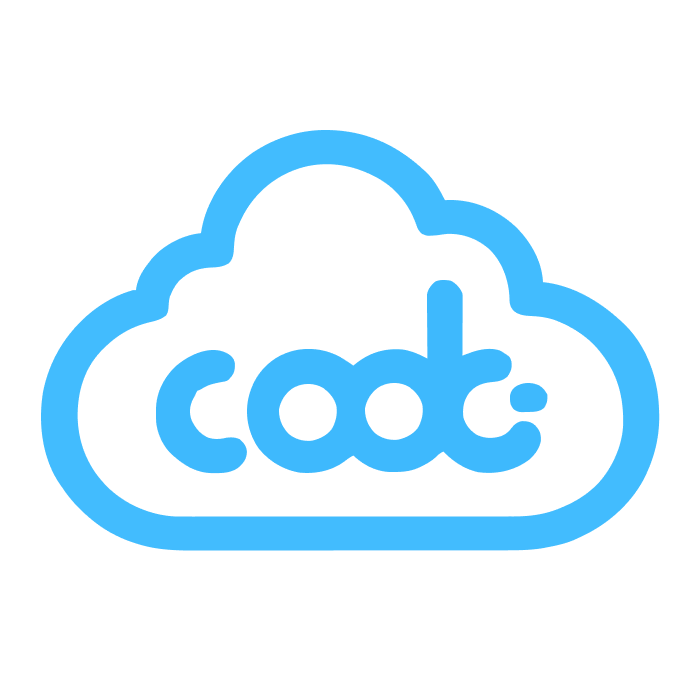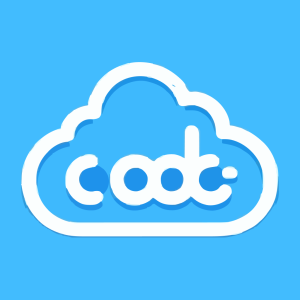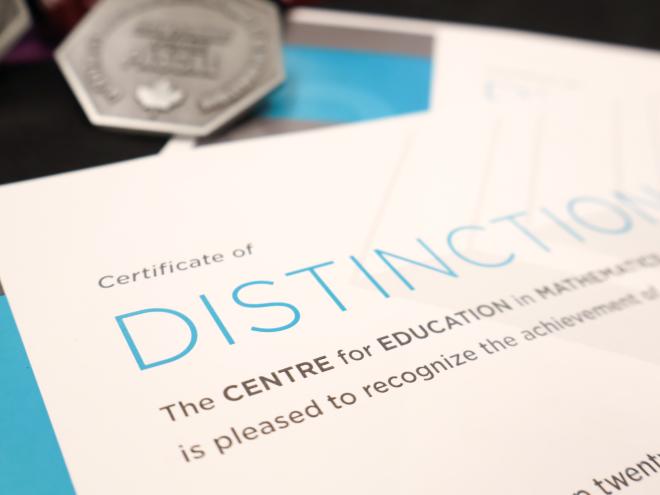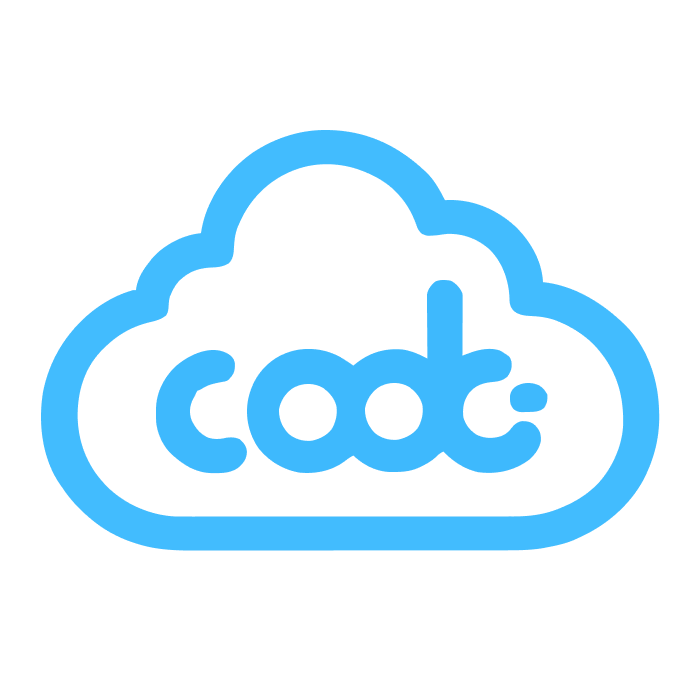When parents think about computer science, they often imagine lines of code and complex syntax. But the foundation of programming is not code — it’s computational thinking: the ability to break down problems, recognize patterns, design algorithms, and reason logically.
This is exactly what the Beaver Computing Challenge (BCC), hosted by the University of Waterloo’s CEMC, is designed to measure and strengthen. Students in Grades 5–10 solve puzzle-style problems in a 45-minute online challenge. These problems look playful on the surface — like moving animals across a river or finding the shortest path in a maze — but they cultivate the same thinking skills that underlie coding, algorithms, and AI.
🔑 Why BCC Matters
-
It gives students an early introduction to computational problem-solving.
-
It builds confidence by showing that computer science is about thinking, not just typing code.
-
It serves as the first step on the pathway to more advanced competitions like the Canadian Computing Competition (CCC).
💻 How CodeSky Supports Students
At CodeSky, we don’t stop at “practice questions.” We’ve built a custom online editor and practice system where students can:
-
Attempt BCC-style problems in a structured environment.
-
Receive instant feedback on their answers and see explanations.
-
Record their thinking steps after each problem to reflect on strategies.
This editor doesn’t just prepare them for one contest — it nurtures habits of structured thinking that carry over to Scratch, Python, and eventually CCC-level problem solving.
👩🏫 Inside the Classroom: Collaboration & Discussion
The BCC is more than an individual challenge — it sparks collaboration. In our classrooms:
-
Teachers present a BCC-style problem, and students work in small groups to brainstorm solutions.
-
Each group shares not only their answer, but also their process — how they approached the problem, which strategies worked, and where they got stuck.
-
The class compares different approaches, helping students realize that there’s often more than one valid path to a solution.
Through these discussions, students learn to communicate algorithms, critique each other’s ideas respectfully, and build stronger solutions together.
🤝 Beyond the Contest: Projects and Teamwork
CodeSky integrates BCC thinking into larger coding projects. After working on puzzles, students apply similar logic when:
-
Designing a Scratch game that requires conditional logic.
-
Developing a Roblox mini-world where characters follow specific rules.
-
Writing Python scripts that implement algorithms for real-world problems.
By connecting puzzle-solving to real coding, students see how abstract logic becomes working software.
📅 Join the Challenge with CodeSky
All CodeSky students are invited to participate in the BCC.
-
Confirm your registration with your instructor before October 15.
-
Registrations after October 15 will require a late fee.
-
If your school also participates, don’t worry — CodeSky will host an alternative challenge the same day, ensuring students can experience both.
🎯 Final Word
The Beaver Computing Challenge is not just a test; it’s an opportunity for children to train their minds like programmers. With CodeSky’s practice system, collaborative classroom discussions, and project-based learning, students don’t just prepare for one contest — they build the problem-solving foundation for coding, competitions, and the future of AI.










